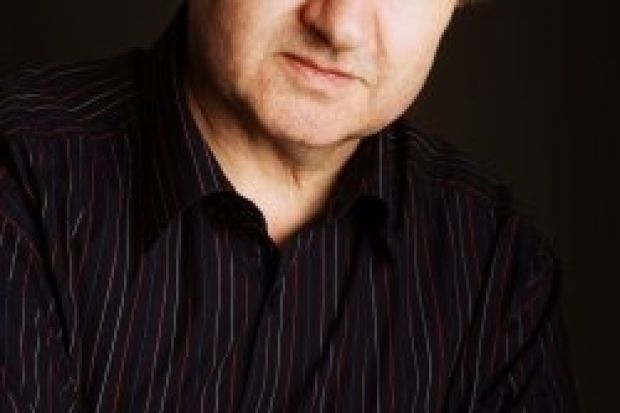The complex relationship between the state, science and society can result in politicians choosing science to suit their own interests, scientists insisting that people should trust them blindly, and the public caught between the two, a leading historian has argued.
Richard Evans, Regius professor of modern history at the University of Cambridge, considered the best ways to “contribute to the communication of common sense about science” in the annual lecture organised by the charity Sense About Science yesterday.
Professor Evans began by discussing the 19th century, when some scientists realised that cholera was the result of infection, while others believed – often for political reasons – that it was spread by a miasma or invisible vapour. Naples witnessed riots in 1884, he said, when “crowds forcibly freed victims being taken off to hospitals, attacked doctors, stretcher-bearers and policemen, pelting them with stones, chairs and even tables and benches”.
Professor Evans then explored the failure of the South African government to deal with Aids, before moving on to the inadequacy of the British response to bovine spongiform encephalopathy (BSE) in the 1980s.
“The advisory body set up to monitor BSE was very slow in reporting the research, preferring to wait until there was a high degree of certainty,” he recalled. The result had been “massive public distrust in scientific opinion”, which had helped create a hearing for “dissident voices on issues such as genetically modified foods or the measles, mumps and rubella vaccine”.
Such a historical survey led to a number of lessons, Professor Evans concluded. It was far too simple “just to say governments should listen to scientific opinion...[which] is initially uncertain and often divided. Governments and politicians are frequently driven to choose the science that best serves their interest or their ideological standpoint”. Today’s media often added to the problem by creating an environment “where minority opinions flourish and a good story can be made from science, or pseudoscience, that proclaims its dissent from the mainstream,” he observed.
Equally inadequate was the crude message that the public should just trust scientists. “Why should they, when as the BSE crisis showed, and the example of miasmatism a century or more earlier had shown, scientists can get things wrong?” he said.
Register to continue
Why register?
- Registration is free and only takes a moment
- Once registered, you can read 3 articles a month
- Sign up for our newsletter
Subscribe
Or subscribe for unlimited access to:
- Unlimited access to news, views, insights & reviews
- Digital editions
- Digital access to THE’s university and college rankings analysis
Already registered or a current subscriber? Login
